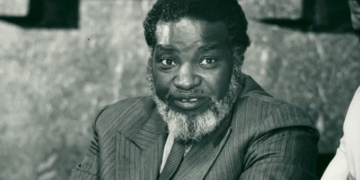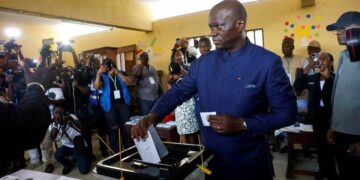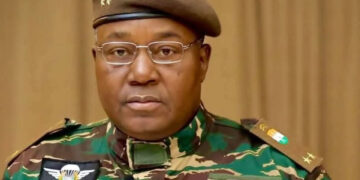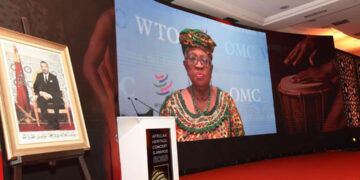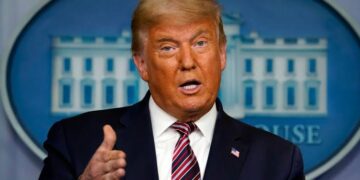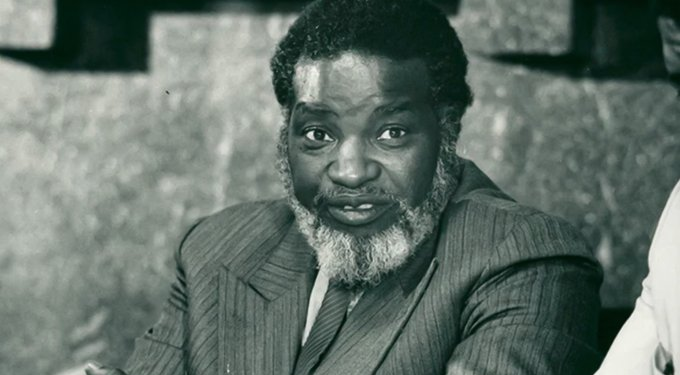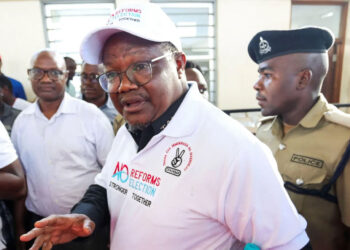By Enyichukwu Enemanna
The activist and guerrilla leader who was elected as Namibia’s first democratic president after independence from apartheid South Africa has died.
Sam Nujoma passed away at the age of 95 on Saturday, the Namibian Presidency said in a release on Sunday.
“The foundations of the Republic of Namibia have been shaken,” the presidency posted on X.
“Our venerable leader, Dr Nujoma, did not only blaze the trail to freedom – but he also inspired us to rise to our feet and to become masters of this vast land of our ancestors.”
Nujoma rose to power on 21 March 1990 and was formally recognised as “Founding Father of the Namibian Nation” through a 2005 Act of Parliament.
However, he faced criticism both locally and internationally over his intolerance of critical media coverage, opposition to homosexuality, and the 1998 constitutional amendment that allowed him to run for a third term.
He was a longtime ally of Zimbabwean strongman Robert Mugabe and supported Mugabe’s land seizures from white farmers, though at home, Nujoma adhered to a “willing buyer, willing seller” policy.
The presidency said Nujoma had been hospitalised for medical treatment over the past three weeks, adding: “Unfortunately, this time, the most gallant son of our land could not recover from his illness.”
South African President Cyril Ramaphosa said Nujoma’s leadership of a free Namibia laid the foundation for the solidarity and partnership the two countries share today, “a partnership we will continue to deepen as neighbours and friends.”
“Dr Sam Nujoma was an extraordinary freedom fighter who divided his revolutionary programme between Namibia’s own struggle against South African colonialism and the liberation of South Africa from apartheid,” he said in a statement.
African Union Commission Chair Moussa Faki Mahamat hailed Nujoma as one of the continent’s “most illustrious revolutionary leaders” and “the epitome of courage.”
Nujoma served three terms as president from 1990 to 2005 and sought to project himself as a unifying leader bridging political divides.
His achievements included establishing democratic institutions and prioritising reconciliation, said Ndumba Kamwanyah, a lecturer at the University of Namibia and a political analyst.
But his autocratic tendencies, displayed in his treatment of the media and brutal suppression of the 1999 Caprivi rebellion, cast a shadow over his legacy, Kamwanyah added.
“While Nujoma’s presidency was foundational in establishing Namibia’s independence and governance, it was not without flaws,” Kamwanyah said.
